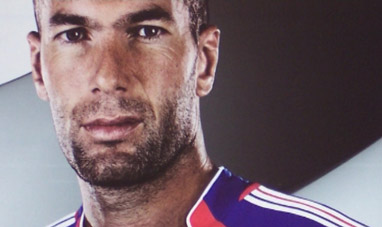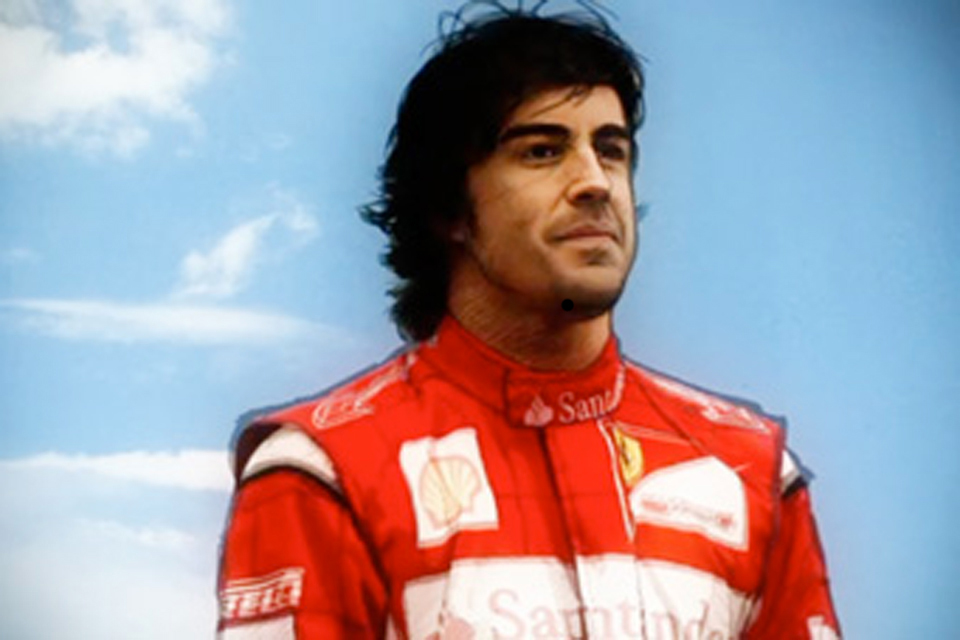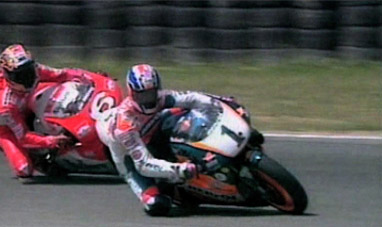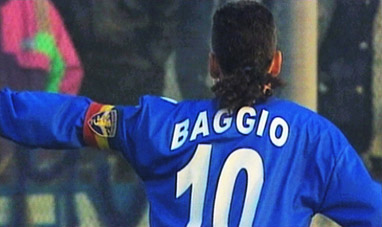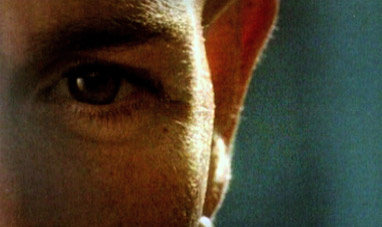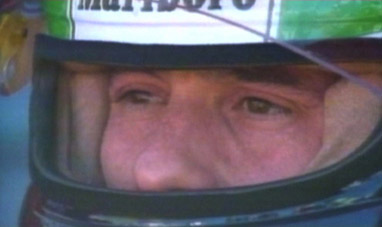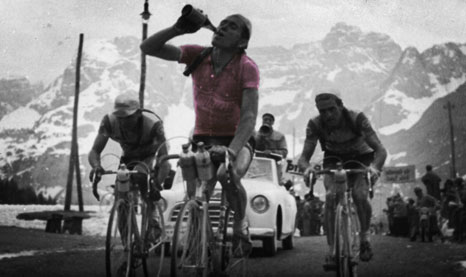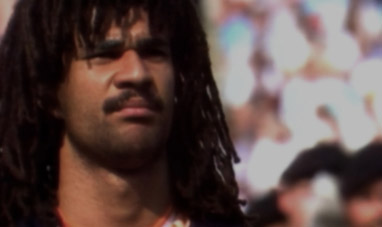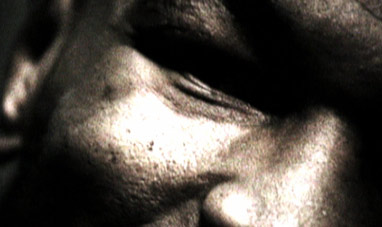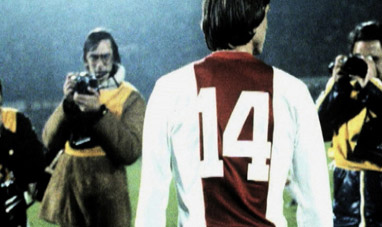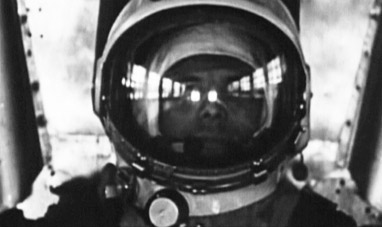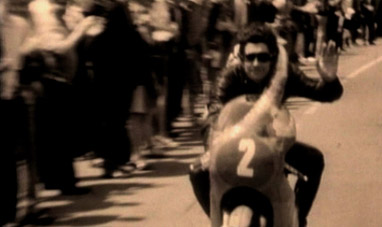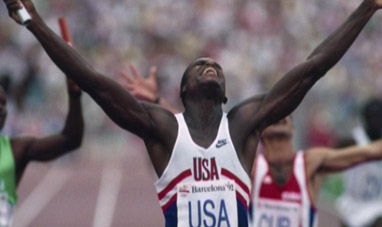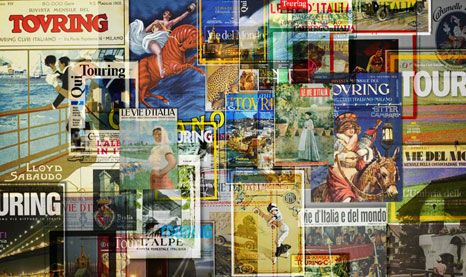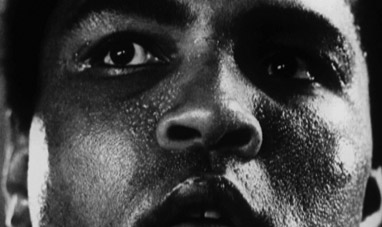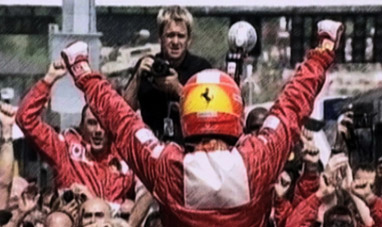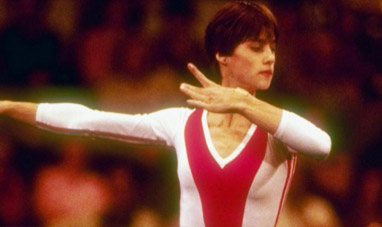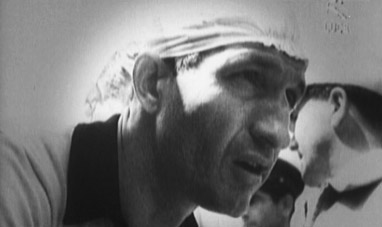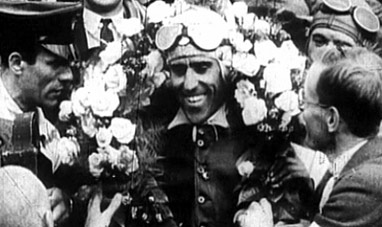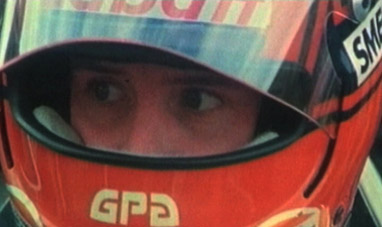Fausto
Coppi
was
an
Italian
cyclist
and
one
of
Italy’s
most
popular
post‐war
sports
heroes.
He was born on September 15, 1919 in Castellania, in Piedmont, to a family of humble origins.
He began racing at 18.
Coppi debuted as a professional when he was 20, winning the Giro d’Italia.
Two years later he set a new hour record. But World War Two interrupted his career. He was
sent to the front and made a prisoner of war by the British in Tunisia. At the time he was 24 years
old.
The war ended in 1945 and Coppi returned to Italy, where he resumed training.
Coppi is considered the first modern cyclist. He took a new approach to athletic preparation,
engaging a personal physician to keep him in shape and adopting a specific diet to enhance his
performance.
He achieved his greatest successes after the war.
He won the Tour de France twice, the Milan‐San Remo three times, and was the first to win the
Giro di Lombardia five times. He also increased his victories at the Giro d’Italia to five, tying
Alfredo Binda.
In Italy he was hailed as a national hero. The press called him the Campionissimo, champion of
champions, or Airone, the Heron, for his slim build.
Coppi developed a strong rivalry with another great cyclist, Gino Bartali. Their back and forth
challenges divided Italian fans.
In a period in which cycling was the most popular sport in the country, they represented two
different sides of post‐war Italy.
Bartali, a hardcore Catholic with ties to the Christian Democratic Party, represented traditional
Italy. He had started his career back in the 1930s, and embodied continuity with the past.
oppi was younger, and had achieved his greatest successes after the war. His victories seemed
to drive Italy into the future. He became a symbol of the new, more secular and modern Italy.
The two athletes had enormous respect for one another. A photograph taken during the 1952
Tour de France shows them sharing a water bottle while struggling uphill. Fans of the sport are
quick to point out that it doesn’t matter who is passing the bottle to whom.
The 1950s were difficult years in Coppi’s personal life.
Like Bartali, Coppi lost his brother. In 1951 Serse Coppi, also a cyclist, died in an accident during a
race.
In 1953, in Switzerland, Coppi won the World Championship. He was met at the finish line by a
young woman named was Giulia Occhini. She would become better known as Dama Bianca, the
White Lady
Coppi was already a husband and a father. The White Lady was married to a doctor and had two
children of her own. They had an affair, and Occhini subsequently gave birth to Coppi’s child. It
was a national scandal. In 1955, the couple was tried for adultery and desertion.
Coppi was deeply scarred by the ordeal. He kept racing, but only won a few minor events.
In December 1959, during a race held in Africa, Coppi contracted malaria. He died on January 2,
1960 in Tortona. He was 40.
He will always be remembered as the man who kept Italy dreaming for almost 20 years.
He was born on September 15, 1919 in Castellania, in Piedmont, to a family of humble origins.
He began racing at 18.
Coppi debuted as a professional when he was 20, winning the Giro d’Italia.
Two years later he set a new hour record. But World War Two interrupted his career. He was
sent to the front and made a prisoner of war by the British in Tunisia. At the time he was 24 years
old.
The war ended in 1945 and Coppi returned to Italy, where he resumed training.
Coppi is considered the first modern cyclist. He took a new approach to athletic preparation,
engaging a personal physician to keep him in shape and adopting a specific diet to enhance his
performance.
He achieved his greatest successes after the war.
He won the Tour de France twice, the Milan‐San Remo three times, and was the first to win the
Giro di Lombardia five times. He also increased his victories at the Giro d’Italia to five, tying
Alfredo Binda.
In Italy he was hailed as a national hero. The press called him the Campionissimo, champion of
champions, or Airone, the Heron, for his slim build.
Coppi developed a strong rivalry with another great cyclist, Gino Bartali. Their back and forth
challenges divided Italian fans.
In a period in which cycling was the most popular sport in the country, they represented two
different sides of post‐war Italy.
Bartali, a hardcore Catholic with ties to the Christian Democratic Party, represented traditional
Italy. He had started his career back in the 1930s, and embodied continuity with the past.
oppi was younger, and had achieved his greatest successes after the war. His victories seemed
to drive Italy into the future. He became a symbol of the new, more secular and modern Italy.
The two athletes had enormous respect for one another. A photograph taken during the 1952
Tour de France shows them sharing a water bottle while struggling uphill. Fans of the sport are
quick to point out that it doesn’t matter who is passing the bottle to whom.
The 1950s were difficult years in Coppi’s personal life.
Like Bartali, Coppi lost his brother. In 1951 Serse Coppi, also a cyclist, died in an accident during a
race.
In 1953, in Switzerland, Coppi won the World Championship. He was met at the finish line by a
young woman named was Giulia Occhini. She would become better known as Dama Bianca, the
White Lady
Coppi was already a husband and a father. The White Lady was married to a doctor and had two
children of her own. They had an affair, and Occhini subsequently gave birth to Coppi’s child. It
was a national scandal. In 1955, the couple was tried for adultery and desertion.
Coppi was deeply scarred by the ordeal. He kept racing, but only won a few minor events.
In December 1959, during a race held in Africa, Coppi contracted malaria. He died on January 2,
1960 in Tortona. He was 40.
He will always be remembered as the man who kept Italy dreaming for almost 20 years.

